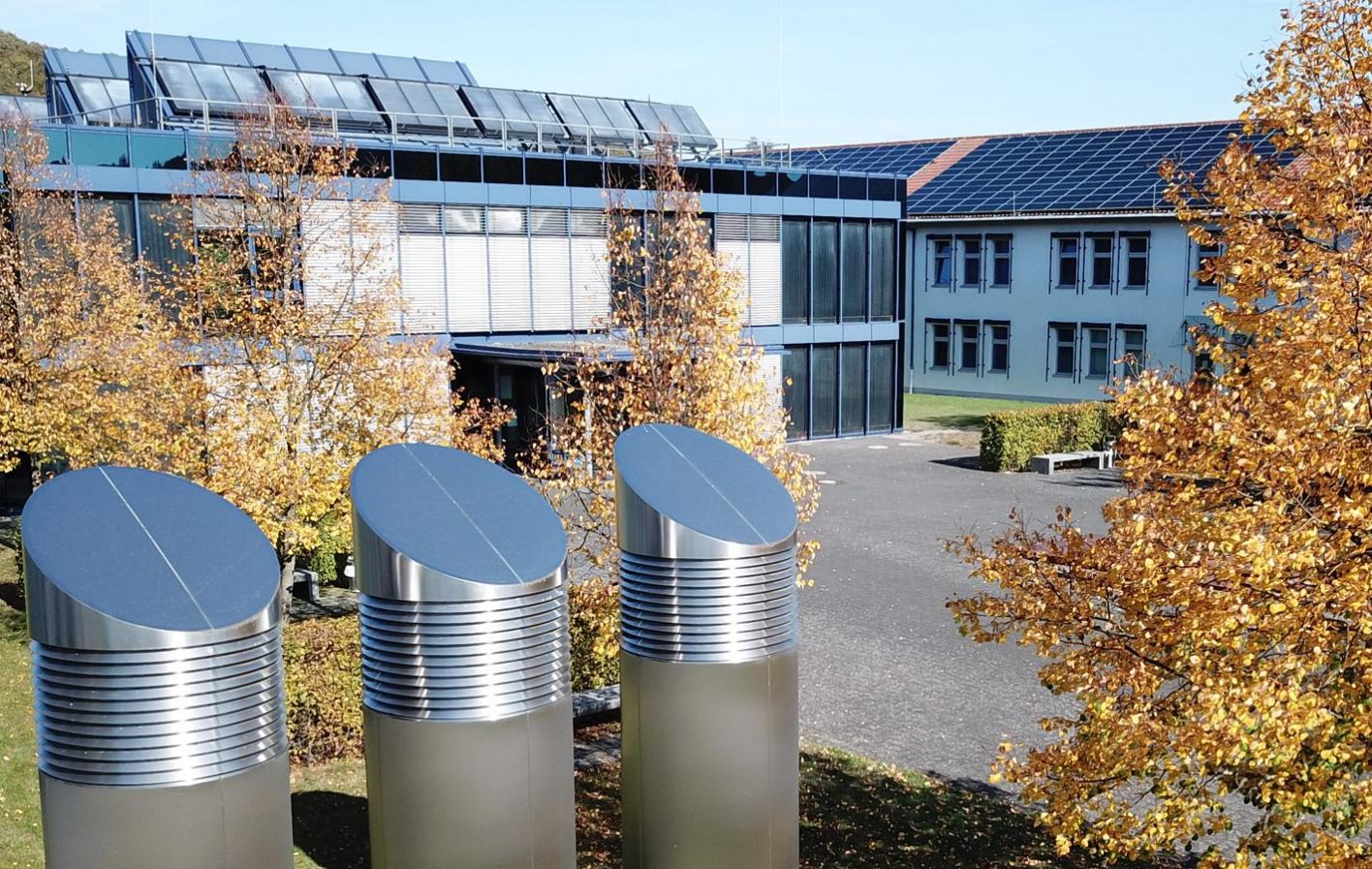Building technology and building energy efficiency
The building sector accounts for around 35 percent of final energy consumption nationwide.
As the majority of the buildings are more than 40 years old and were therefore built before the first Thermal Insulation Ordinance came into force in 1979, there is great potential for energy savings.
Modern buildings have a much lower energy consumption than old, barely insulated buildings. In addition, to achieve the climate protection targets set, the renovation rate of buildings must be more than doubled in order to reduce primary energy demand in the building sector by 80 percent by 2050.
The integration of renewable energy supply through solar thermal energy, geothermal energy or heat pumps is now mandatory for new buildings.
Thanks to technological developments in recent years, energy systems are now competitive with fossil fuel systems in terms of cost.
In particular, a power supply from photovoltaic systems offers commercial and private customers an attractive and cost-effective alternative.
Building Information Management (BIM) can help to optimize processes and workflows and thus reduce costs as early as the planning and construction phase of new buildings.
In the long term, digitalization in the construction sector will lead to construction projects being implemented on time and cost-effectively thanks to the continuous processing of building data throughout the life cycle and the improved exchange of data and information between all project participants.
Sustainable construction aims to minimize the negative environmental impact of buildings by improving efficiency in the use of materials, energy and development areas.
Sustainable building thus uses a conscious approach to energy and environmental conservation in design. The idea of sustainability or ecological design is to ensure that the use of resources available today does not lead to a long-term impairment of collective well-being or make it impossible to use resources for further applications.
In particular, the use of wood in the construction industry is enjoying a renaissance, as this renewable raw material can be used flexibly and sustainably, meets the latest requirements in terms of processing and energy efficiency and is climate-neutral.

